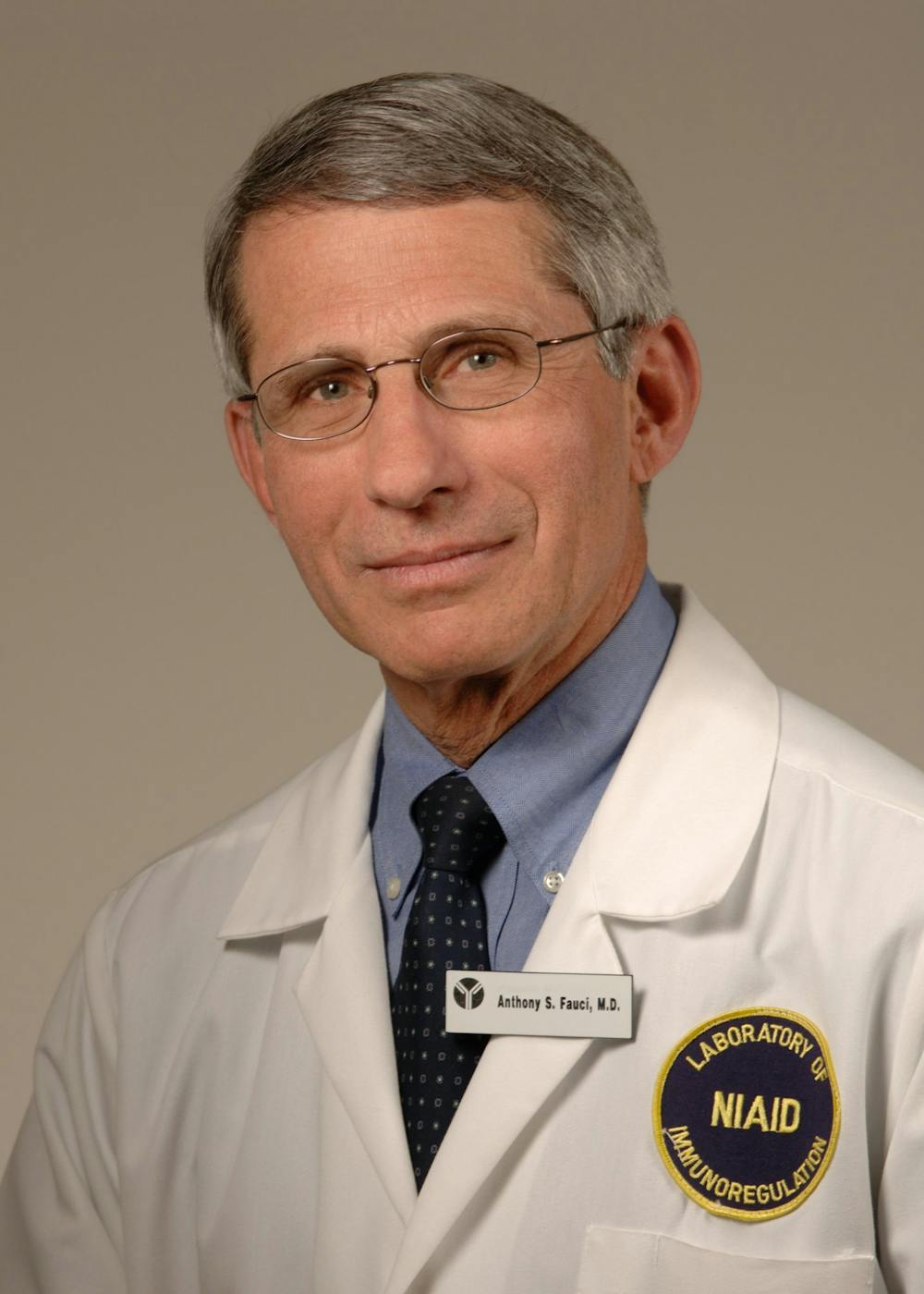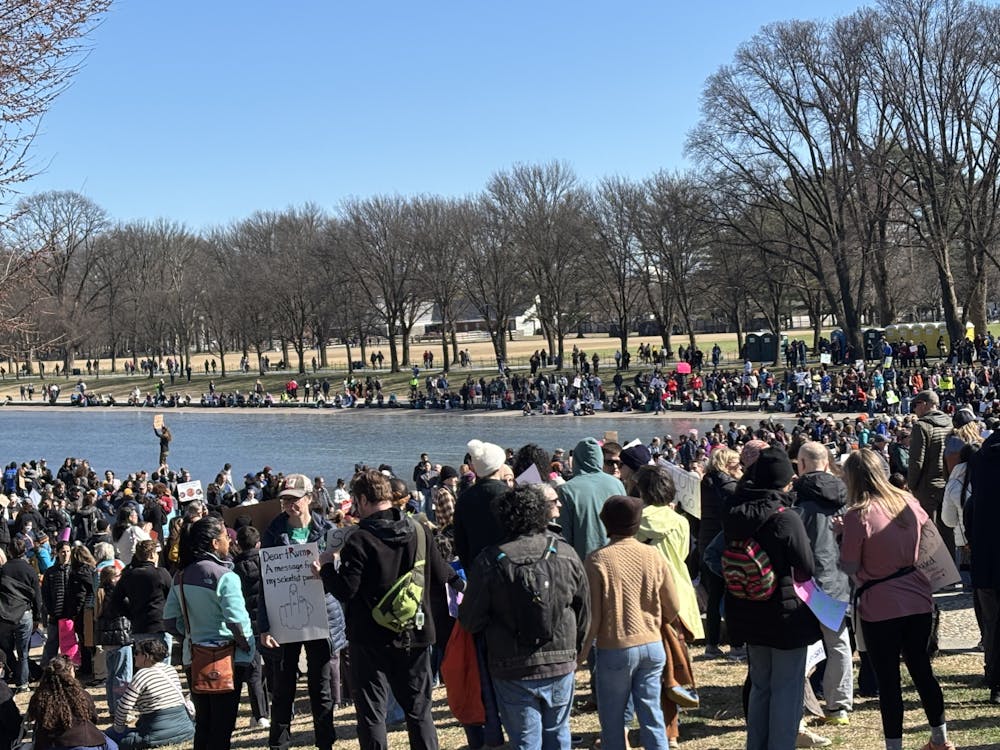As the coronavirus (COVID-19) crisis intensifies across the U.S., now accounting for 20 percent of global cases, the American people heavily depend on the actions of the government for their health and safety. At the center of this response are two individuals — President Donald Trump and Dr. Anthony Fauci. Fauci, described by the New York Times as, “the nation’s leading expert on infectious disease,” has served as the director of the National Institute of Allergy and Infectious Disease since 1984.
As the crisis in the U.S. mounted in February 2020, Trump initially delegated COVID-19 management to Vice President Mike Pence. In recent weeks, however, Trump has reclaimed his position as the primary messenger. During his daily briefings, Trump has been criticized for sidelining the scientific experts.
Freshman Justin Wei believes the initial U.S. response to COVID-19 was lacking, especially compared to other nations which quickly imposed serious quarantining and lockdown measures.
“I felt the administration should have been quicker to impose quarantine procedures,” he said in an interview with The News-Letter. “The lack of response by the government instigated a lot of panic and misinformation, especially as individuals rushed to buy masks which should be reserved for medical personnel.”
Fauci and other scientific experts appear publicly as fact-checkers on Trump’s messaging, allowing him to play a leading public role. However, Trump’s messaging, minus the political overtones, has bent towards data and science.
As president, Trump has been known to us his bully pulpit and the mainstream media to convey his messages. He is a significant agent in the response to COVID-19 as he has authority over vital U.S. federal agencies responding to the pandemic, including the Centers for Disease Control and Prevention, Food and Drug Administration, and the Federal Emergency Management Agency. He also holds the power to direct military forces to assist in pandemic response and management.
Why is Trump bending more readily to the needs of fighting the virus in recent days? Some have argued that the President is concerned about the projected number of deaths by leading epidemiologists in the U.S., and has decided that this will have a greater impact on his re-election prospects and legacy than the strength of the stock market. Fauci made a statement suggesting that he and Trump believe they must embrace a symbiotic relationship when it comes to fighting COVID-19.
“I was taking a purely medical, scientific standpoint, and the president was trying to bring hope to the people,” Fauci explained. “I think there's this issue of trying to separate the two of us. There isn't fundamentally a difference there.“
There is evidence that Fauci and his colleagues are now having greater success in steering federal policy. Additionally, there has been an increased focus on science in recent press briefings. Over the past week, Trump has deferred to the guidance of Fauci and stated that he needed to consider the situation on the ground before moving ahead.
COVID-19 is the world’s first pandemic in the age of social media, which many people rely on for information and news. Although social media offers some benefits, such as the reinforcement of collective action to self-quarantine and listen to government actions, social media is also a platform where rumors and misinformation are easily spread. For example, information from original sources could have been reinterpreted, modified or even ignored altogether depending on the point the person writing wants to get across.
One post that spread across Facebook claimed to be a comprehensive summary of the disease issued by Hopkins, and was later proven to be false. Though the post did contain some accurate medical facts, it also included guidelines not endorsed by any authority, such as cutting one’s fingernails short in order to prevent COVID-19 from “hiding” under them. When information is falsely attributed to organizations like Hopkins, it can seem more convincing, and thus may contribute to the further spread of misinformation.
The American people and government are now aware of the threat of COVID-19 and expect a proper public health approach to the issue. The transmission of accurate and reliable information, through government communications as well as social media, will affect the future course of the pandemic.

















